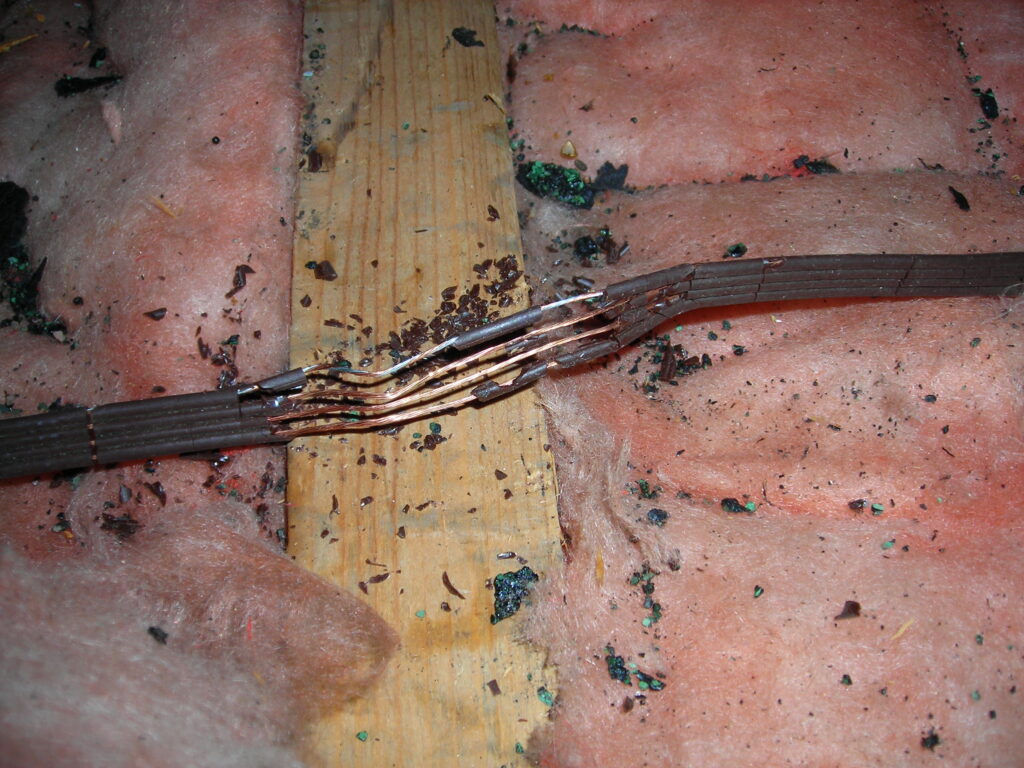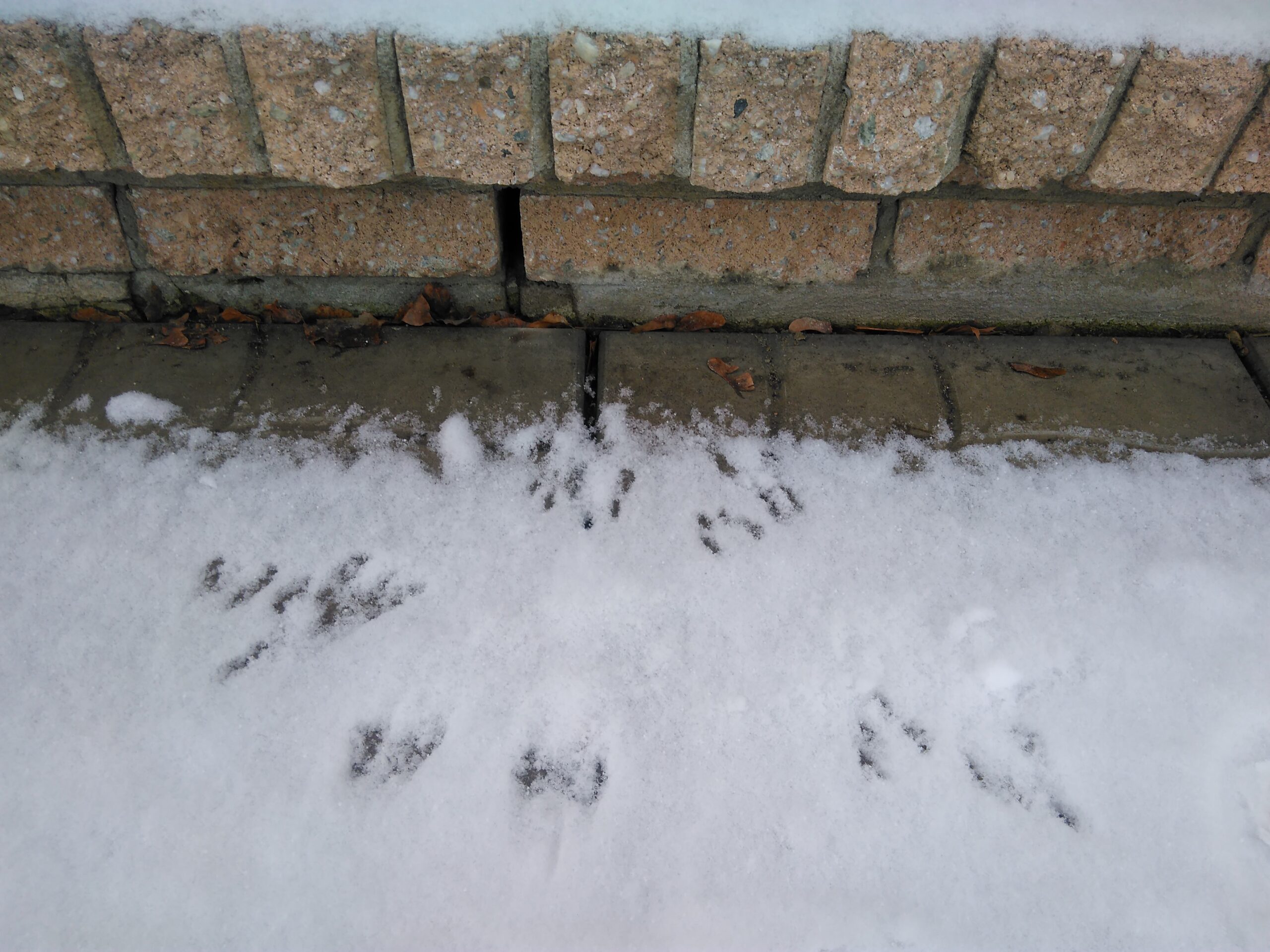How Do Mice Get Inside?
Mice seek warmth and readily available food, which humans, unfortunately, provide. The risk of an infestation may rise during cold months when these necessities are in short supply, pushing rodents to leave their natural habitats to survive.Why Is Rodent Control Important?
Rodents of any kind can carry diseases. These illnesses spread through urine, bites and feces, which is why you should never touch a mouse or handle its waste. Unfortunately, these diseases can also become airborne. For example, mice may use ductwork for nesting or as a network to move throughout your residence. This increases the risk of airborne diseases, as your HVAC system can spread microscopic particles. Changing your air filters regularly provides a level of protection, but the only way to eliminate the risk is to remove the mice. Nests can also clog ductwork, lowering the efficiency of your heating system. In the worst cases, they can block fresh air from getting in, reducing your home's air quality and trapping smells inside. The dangers don't stop there — mice's propensity for chewing can also cause problems. Rodents such as mice, rats and squirrels have constantly growing incisors. To wear them down, they chew on whatever they can get their paws on. In many cases, that means your home's internal wood structures, but their strong teeth can penetrate a variety of materials:- Plastic
- Aluminum
- Lead
- Copper
 When mice chew through electrical cords, there's an increased fire risk. Since the wires are inside the walls, you can't see the danger until it's too late.
When mice chew through electrical cords, there's an increased fire risk. Since the wires are inside the walls, you can't see the danger until it's too late.



